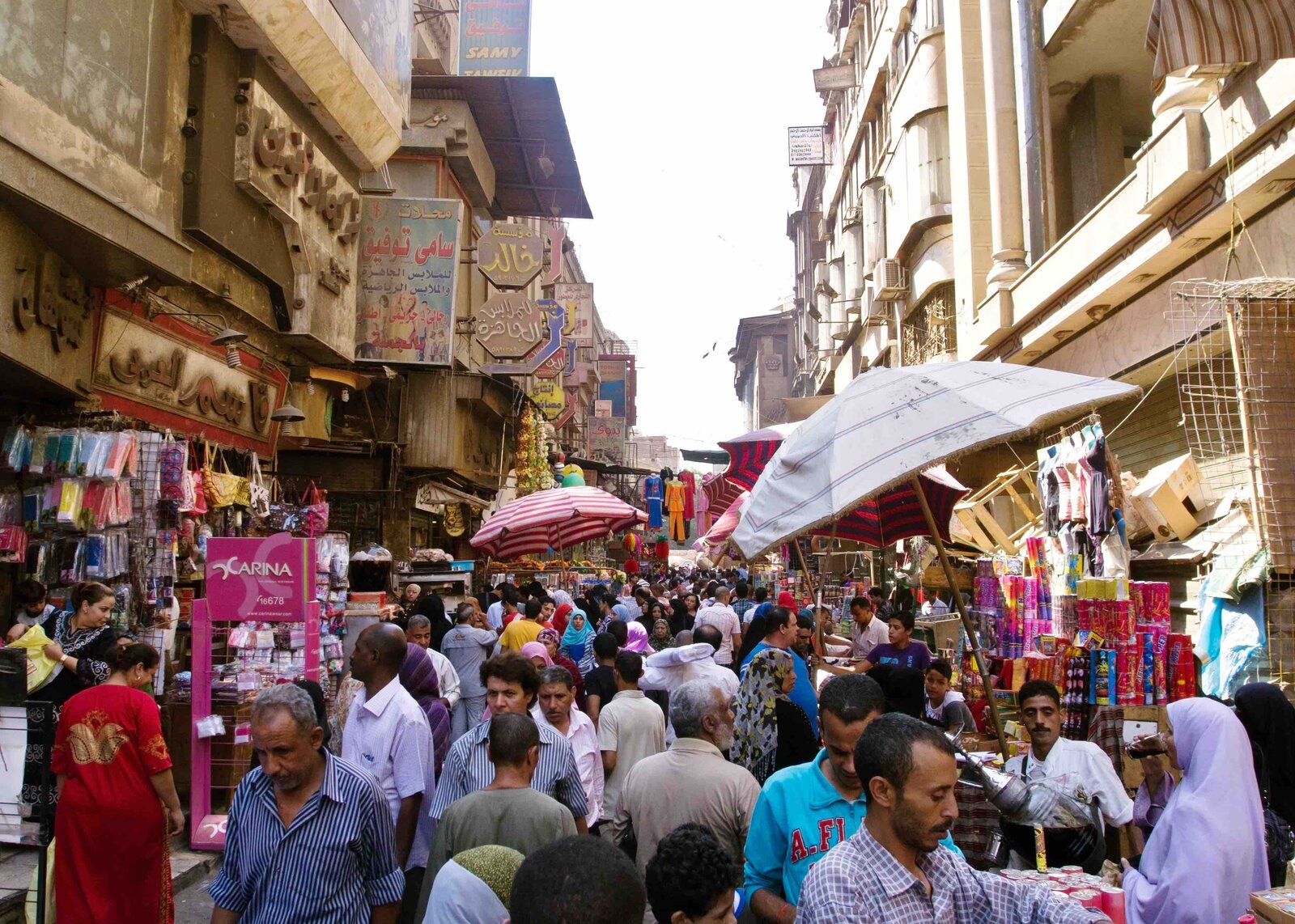Egypt’s economy to grow by 3.3% in FY2020-21 -Reuters poll

Egypt’s economy will grow at a 3.3% clip during the current fiscal year, according to a Reuters poll of economists. This is a slight upwards revision from the 3.1% growth economists had penciled in for FY2020-2021 in a similar poll in July. The economists’ forecast is more optimistic than the Planning Ministry’s projection in May that we would only see 2% growth if the pandemic continues into December — but more or less matches expectations from the IMF, Fitch, and Deutsche Bank. The figure falls below the Finance Ministry’s forecast, which said in June it sees GDP growth for FY2020-2021 coming in at 5%.
Chalk up the muted growth to a tourism downturn: HC Securities’ assumption for the current fiscal year is based on its expectation that tourism revenue will plunge 50% y-o-y, driving down employment levels and potentially also leading to “muted real growth in household consumption,” HC’s head of macro and financials Monette Doss tells the newswire.
Growth is expected to accelerate over the next two fiscal years, the Reuters poll indicated. Economists expect the economy to expand 5% in FY2021-2022 and 5.5% in FY2022-2023.
Inflation to spike in coming years… Annual urban consumer price inflation will slow to 5.8% in FY2020-21 before rising to 7% in each of FY2021-22 and FY2022-23, according to the economists. Annual inflation came in at 3.7% in September and 3.4% in August, close to its lowest levels in 14 years, the report notes. “We expect inflation to trend higher over the medium term as the exchange rate weakens and global commodity prices tick higher amid a recovery in global demand,” said Callee Davis, an economist at NKC African Economics.
…and the EGP will weaken against the USD: The currency will weaken to EGP 15.8 against the USD by the end of the year from its current rate of about 15.65, the economists predicted. According to the economists, the exchange rate could be at EGP 16.5 / USD by December 2021 and EGP 17 / USD 1 by December 2022. The economists predicted that the central bank’s overnight lending rate would slide to 9.25% by the end of June 2021, from the current 9.75%, then again to 8.5% by June 2022 and 8% by June 2023.
Growth in other major African economies, meanwhile, is seen as subdued and mixed, a separate Reuters poll showed. The continent’s two largest economies, Nigeria and South Africa, are expected to eke out positive rates of 2% and 3.5% in 2021 after taking a beating this year and shrinking 4% and 8.5%, according to the poll. This is “partly because many African countries’ fiscal positions will be a constraint on growth,” Jacques Nel, head of macroeconomic research at NKC African economics said. “Most of the fastest-growing countries will be in East Africa” as the region is one of the most diversified, Nel said.
As for the MENA region, economies are seeing a disproportionate amount of economic pain because of structural issues that long pre-date covid-19, AUC’s Amr Adly argues in Bloomberg Opinion. Weaknesses in MENA economies mean the impact of covid-19 on the US and EU has hit us hard in terms of trade, investment and reduced fuel exports, while a lack of intra-regional trade integration has stopped us tapping into the purchasing power on our doorsteps, he says. The IMF is predicting MENA economies to shrink 5.4% in FY2020-2021 — a level of contraction that seems unaligned with the scale of the public health crisis in the region. The average number of covid-19 deaths in MENA stands at 79.46 per mn — lower in the most populous nations, including Egypt, at 62.21 per mn — compared to 673.80, 360.45 and 661.29 in the US, EU and South America.